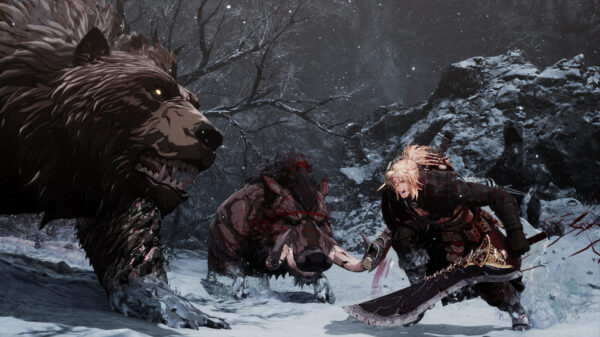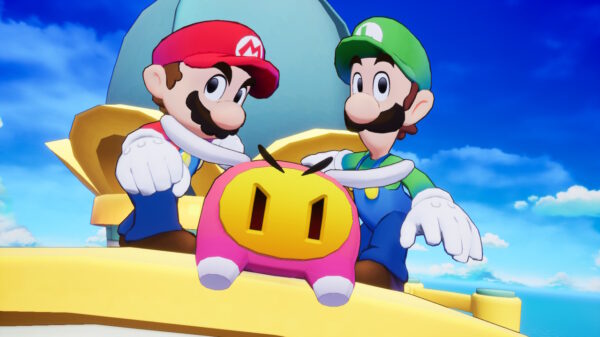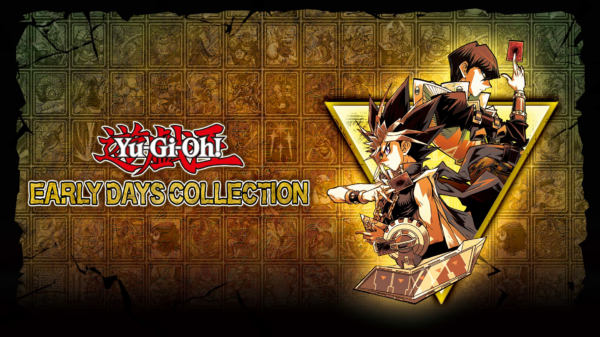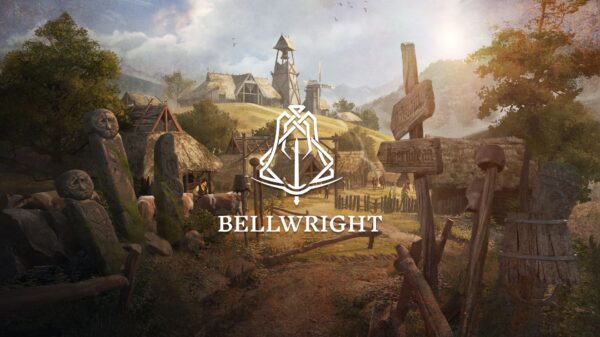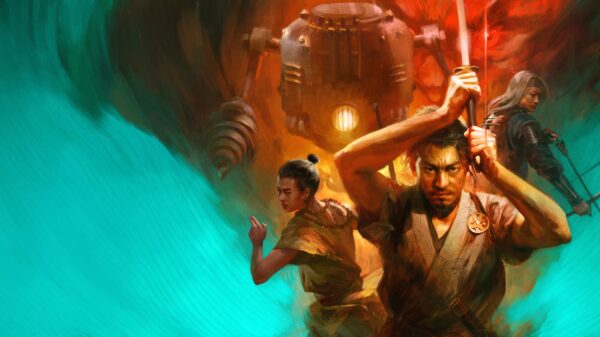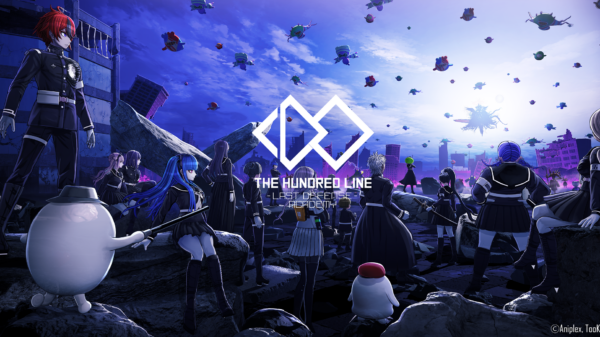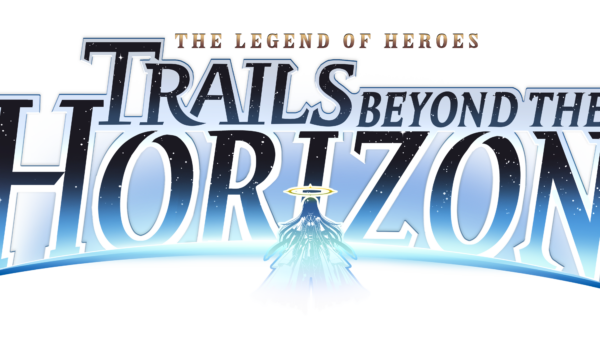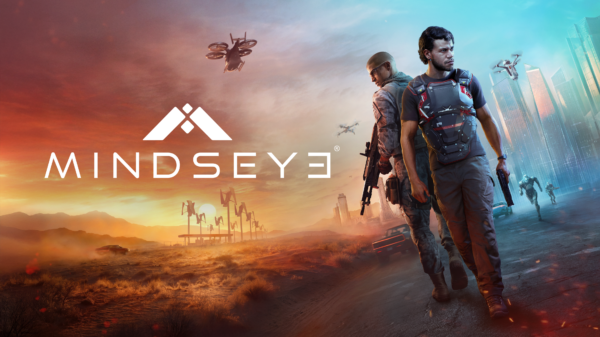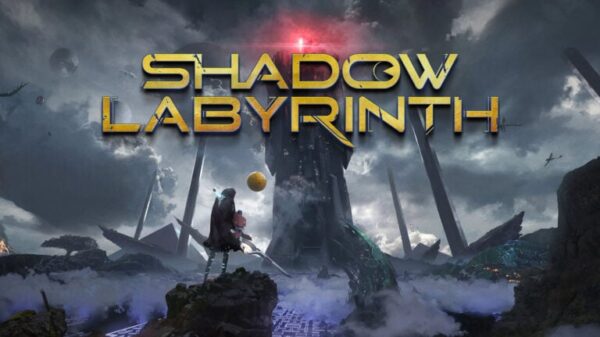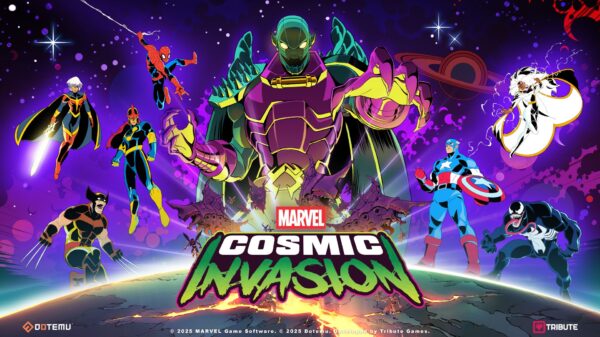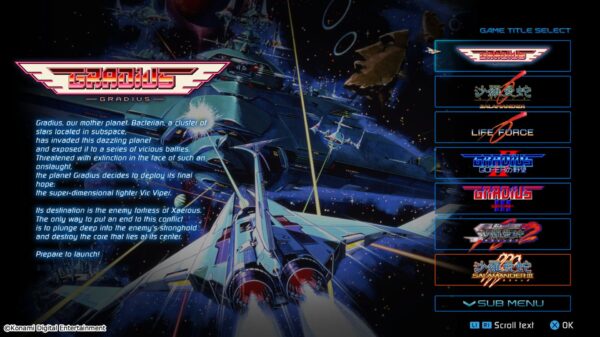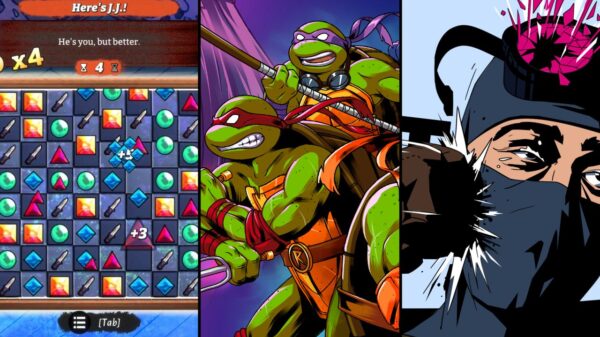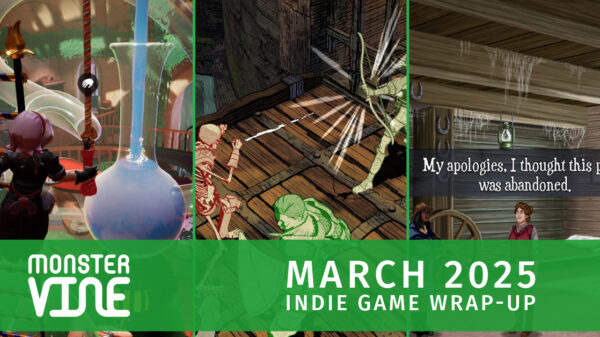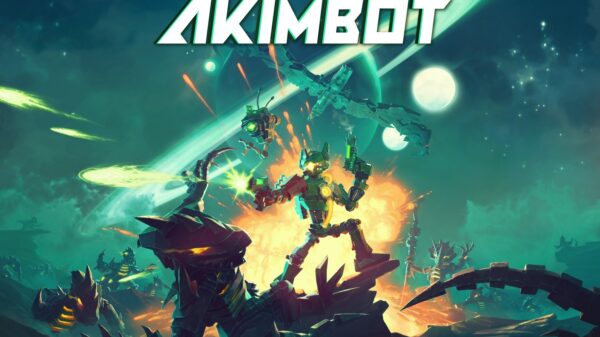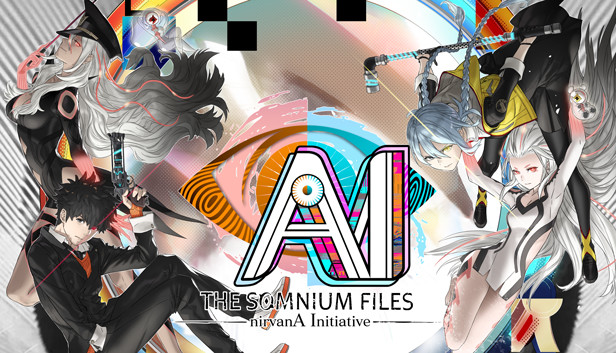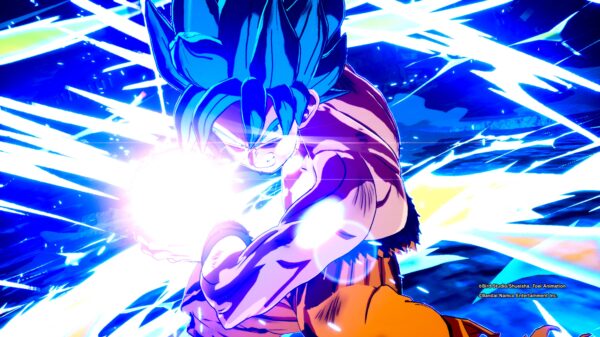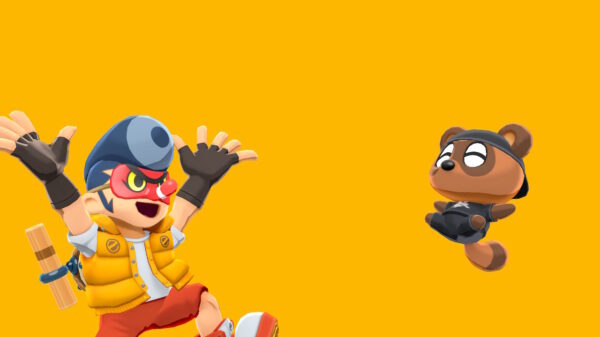Investigate crime scenes and dive into people’s dream worlds to solve a bizarre murder mystery set in both the past and present in a sequel to AI: The Somnium Files that captures what makes the original so special.
AI: The Somnium Files – Nirvana Initiative
Developer: Spike Chunsoft Co.
Price: $60
Platform: PS4, Xbox One, Nintendo Switch (reviewed), and PC
MonsterVine was provided with a Switch code for review.
It was just last month that I finally played AI: The Somnium Files, and as soon as I finished, I knew I wanted to review its upcoming sequel. Like its predecessor, AI: The Somnium Files – Nirvana Initiative is a mystery adventure game with a near-future setting in which detectives partnered with AI known as AI-Balls investigate cases both in the real world and in people’s dream worlds, or Somniums.
The case in Nirvana Initiative begins with the discovery of half a corpse shortly after the events of the first game. Six years later, the other half of the corpse is found–with a time of death of only a few hours earlier. This seemingly inexplicable phenomenon sets the player on a course to investigate the Half Body Serial Killings in both the past and present, following two different protagonists. One protagonist is Mizuki, a returning character, who is now working with the AI-Ball called Aiba from the first game. The other protagonist is Ryuki, a new character who hopes to solve the case alongside his AI-Ball companion, Tama.
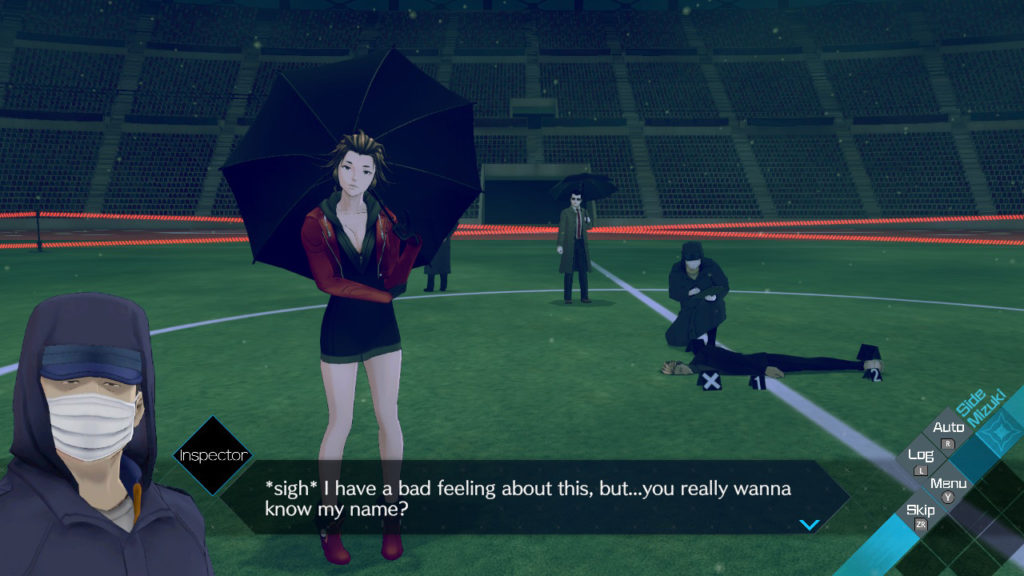
Much of your time will be spent using a point-and-click interface to investigate areas and talk to characters. It’s well worth inspecting every item you can interact with, because while you’ll often get a simple description, many instances have funny dialogue exchanges between the characters instead. The humor might not be quite as bizarrely random as in the first game, but it is still off-the-wall and irreverent. If you were concerned that not following Date as the lead character would result in the sex jokes being gone, rest assured that Tama and some of the returning characters rise up to fill that void. Investigating everything treats you to running gags throughout the game, including some that build up on jokes from the first game. I was delighted by the number of callbacks, even to things I didn’t expect to be referenced. This sense of humor helps balance out the serious tone of the main story, which can get quite dark narratively despite lacking gore due to the peculiar nature of the murders.
When you can’t find clues in the waking world, you’ll need to “Psync” with characters to enter their Somniums and find the clues they’ve locked away within their minds. These dream worlds reflect the characters’ thoughts, secrets, and fears. In them, you’ll play as the AI character and interact with the dream world to figure out how to pass the mental locks in your way. You can only stay in the Somnium for 6 minutes, but time slows to a crawl when you aren’t moving. Each action costs a set amount of time, although this can be mitigated through the use of “timies” to modify the amount of time taken. The first game’s Somniums generally involved testing out different options and strategically using timies, but that is less important here. The Somniums in Nirvana Initiative rely much more on solving puzzles and riddles in order to proceed. However, they do a fantastic job of presenting the characters’ personalities and how they view the world.
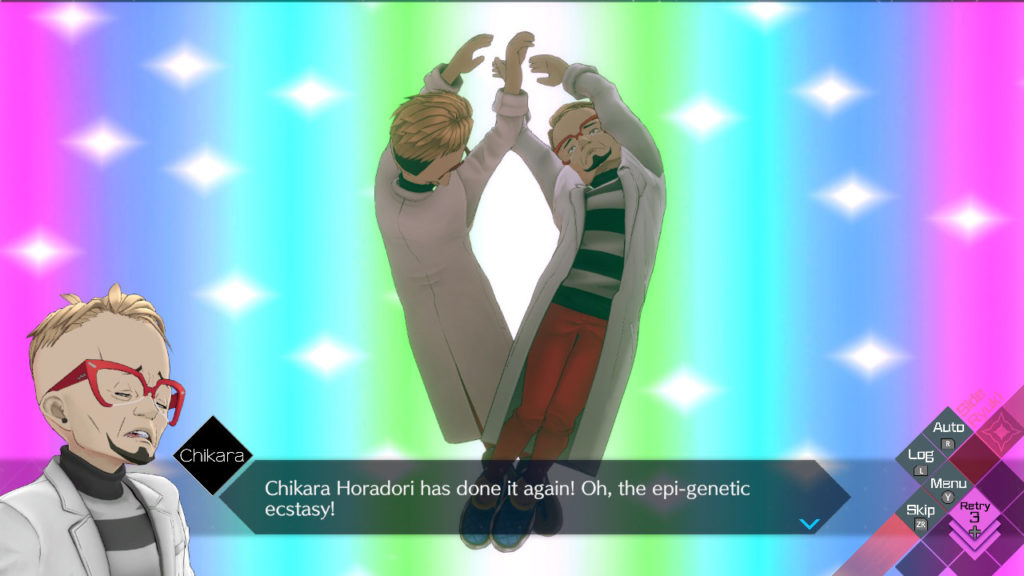
Some Somniums have multiple paths you can take to reach the end. This leads to branches in the story so you can reach different endings. These individual endings contain clues that you need to progress down other paths, so while there is some room for variability in which paths you see first, the key story progression has a set structure that must be followed. Like in the first game, your progress is mapped on a flowchart that allows you to revisit scenes at any time, whether it’s to follow a new branch or just replay a section. Once you’ve cleared a Somnium, the flowchart also gives you an “Unlimited Psync” option, which allows you to enter the Somnium with no time limit if you want to explore and experiment.
Meanwhile, there are also several action sequences throughout the story. While these are mostly handled through cutscenes, they also have a number of simple quick-time events you must perform successfully to proceed. These QTEs mostly just make the action scenes flashier. Compared to the first game, they pop up with greater frequency, but are a bit easier. Shooting, in particular, no longer requires you to hold the reticule over the target but just to line it up properly when prompted and hit the button to fire.
A few new mechanics have been added as well. “Wink Psync” allows you a quick glimpse into a character’s thoughts. Sometimes this is required as a part of the story, while other times it’s just a source of additional humor. Then there are the Eyeballies, Tamagotchi-like digital pets that you raise into different forms (based on Somnium Files characters) by answering questions to raise their stats. Whenever you fully raise an Eyeballie, you’re rewarded with eyeballs. Eyeballs, which can also be earned in Somniums by finding hidden eyes, trying different options, and finishing with time left over, are used from the bonus menu to unlock concept art, as well as costumes for Tama and Aiba.
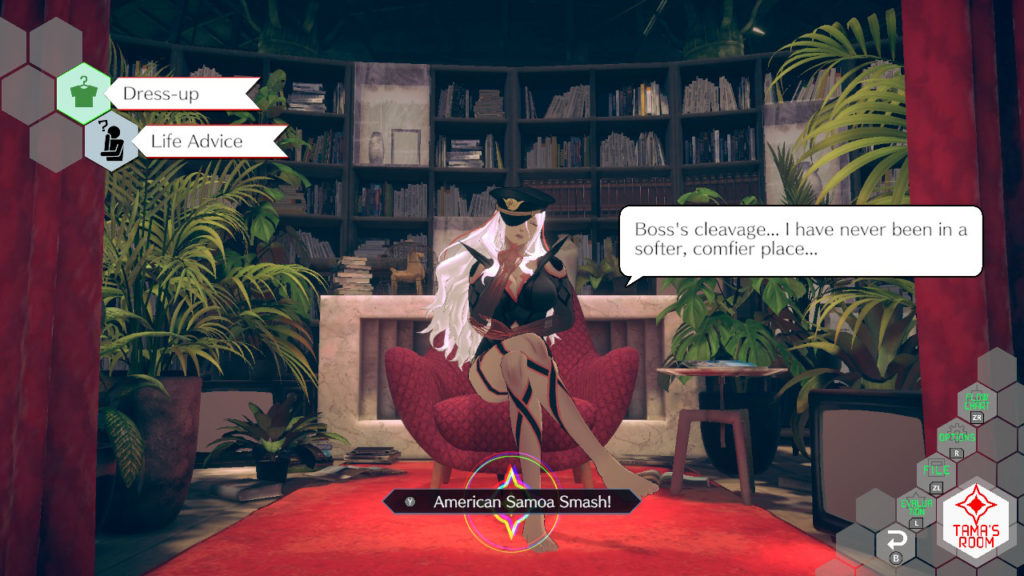
Tama’s Room and Aiba’s Room, another addition where you can talk to your AI companion, change them into the aforementioned costumes, and ask for life advice by answering a few questions. The life advice conversations lacked variety, but overall this element is a fun little bonus. From time to time, your AI-Ball will also treat you to trivia, small details that add context to a concept or idea mentioned in the game. You can pause or rewind trivia, but since the trivia shares the same controls as choosing dialogue options, that can feel a little awkward. Fortunately, all trivia can be re-read from the files.
The most significant new mechanic, however, is the ability to investigate crime scenes. Your AI-Ball uses VR to recreate the crime scene around you, and then you’re given full control of your character to explore the area and gather evidence. Once you’ve found all the evidence, you need to correctly piece together how the crime was perpetrated and then reenact it. This provides a nice counterpoint to the Somnium investigations and is a welcome addition. Like the Somniums, these investigation segments often involve puzzle-solving. Puzzles require you to pay close attention to the clues you’re given and can get quite tricky at times.
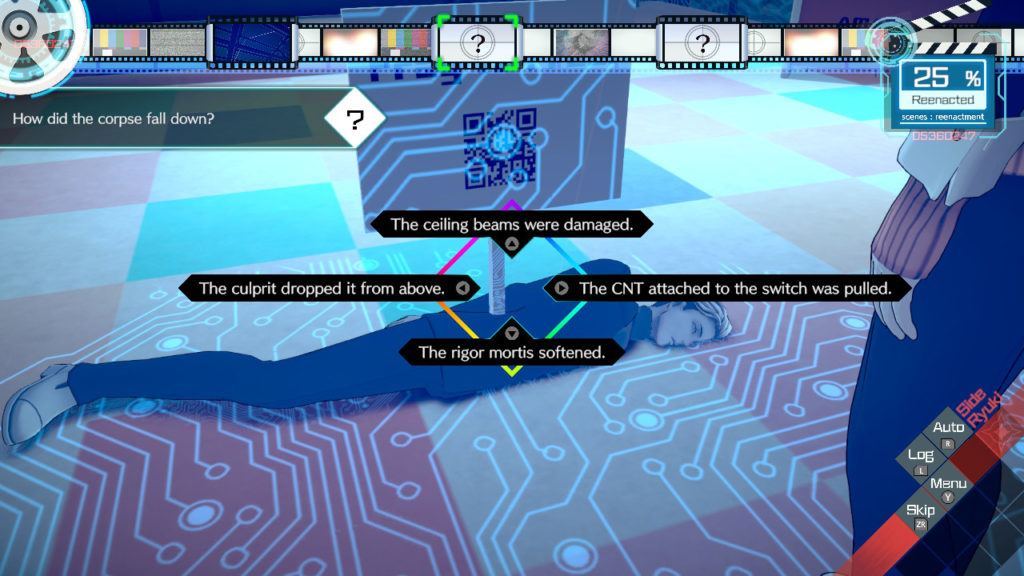
Despite being a direct sequel with returning characters, Nirvana Initiative is set up so that you can play it without having played the original. Near the start of the game, you’re asked if you’ve played the first game. If you prove that you have, it enables conversations that reference specific spoilers. I’d hoped that might allow for a certain visual spoiler to be shown, but it does not. It does let you ask about that spoiler, though, and explains it away with humor. I was a little disappointed in that, but I can understand why they did it. Meanwhile, as a player coming straight from the first game, I was surprised by how much the past segments felt comfortably familiar, as if I had simply never stopped playing the first game. Both the past and present also introduce a number of new characters that are just as endearing as the returning cast.
Ryuki and Mizuki are very different protagonists from one another, with different approaches to the case and different styles of humor. I found Ryuki and Tama to be more entertaining to follow than Mizuki and Aiba, but both sets of protagonists are needed to tell this story. What begins with an inexplicable murder quickly expands in scope. While it’s still technically a murder mystery, it feel less like you’re trying to solve the case and more like you’re unraveling a high-stakes conspiracy. Some players might not like the grander scale of the conflict, but the story is still compelling and filled with unexpected turns. The emphasis is less on who and more on how. How are these inexplicable murders possible, and how can you stop the culprit? Mysteries, oddities, and apparent paradoxes pile up until it all comes together with a twist that I’m still trying to fully wrap my head around.
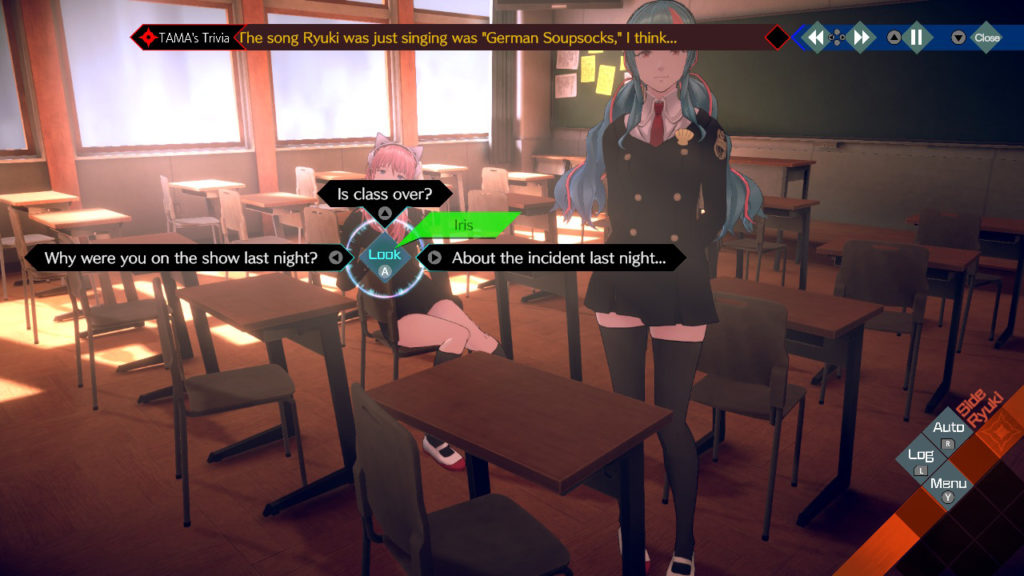
I encountered a few crashes while I played, but thanks to the auto-saves, the ability to manually save at any point during gameplay, and the fast-forward function, this never resulted in too much progress being lost. There also were occasional performance issues, but they weren’t bad enough to detract from the experience for me. The only thing I wish was different about the game’s presentation is that there is only a single manual save slot. Of course, you can use the flowchart to replay any section of the game whenever you want, but I still would have liked the option of having multiple saves, especially if I ever want to start fresh with a new game. AI: The Somnium Files – Nirvana Initiative is the sort of game that had me returning immediately after the credits rolled to check out its final secrets and examine prior events with newfound context.
 The Final Word
The Final Word
AI: The Somnium Files was a unique game that blended a wacky sense of humor with a dark murder mystery and unexpected twists, making it a tough act to follow. Nevertheless, its sequel rises to the challenge. The scale and scope of Nirvana Initiative are different, but the story, humor, characters, and gameplay additions all come together to make it a sequel worthy of the name. If you enjoyed the first game, you’ll likely enjoy AI: The Somnium Files – Nirvana Initiative as well.
-MonsterVine Rating: 5 out of 5 – Excellent

